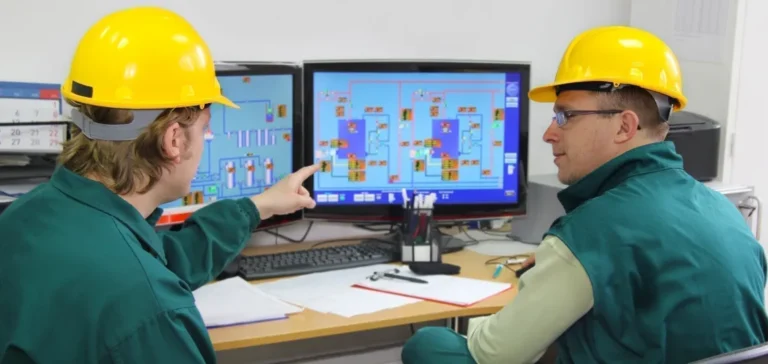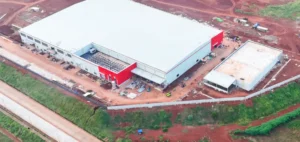Supervisory Control and Data Acquisition (SCADA) systems are experiencing significant expansion in the renewable energy sector, particularly driven by increased deployment of solar and wind installations. According to a report published by MarketsandMarkets, the global market value is projected to grow from $1.96bn in 2025 to approximately $3.56bn in 2030, representing a compound annual growth rate (CAGR) of 12.7%.
Significant growth in the software segment
Among the components analysed, the software segment is expected to experience the strongest growth during this period. This trend is driven by the increasing need for intelligent and adaptive tools to efficiently manage modern energy infrastructures. Advanced functionalities such as automated fault detection, adaptive control, and precise reporting have become indispensable in the face of strict regulatory requirements.
Cloud-based systems and subscription models facilitate small operators’ access to these technologies, further opening the market. Additionally, the growing integration of technologies such as artificial intelligence (AI), edge computing, and blockchain strengthens the attractiveness of SCADA software for sector stakeholders.
Solar dominance in the SCADA market
The solar sector is expected to hold the largest market share in SCADA systems for renewable energies by 2030. This dominance is explained by the widespread adoption of solar energy across residential, commercial, and industrial sectors, due to its flexibility, decreasing costs, and ease of installation.
SCADA systems are becoming essential for ensuring optimal management of solar assets, responding to the need to effectively monitor energy production and manage grid integration. The inherent variability of solar production, dependent on weather conditions, demands robust solutions to maintain consistent asset efficiency.
Asia-Pacific at the forefront
Regionally, Asia-Pacific held the largest share of the global SCADA market in 2024, a trend expected to continue. This region is rapidly developing its renewable energy market under the leadership of countries such as China, India, Japan, and South Korea.
China plans to add nearly 3,207 gigawatts (GW) in renewable capacity between 2024 and 2030, while India intensifies its efforts to expand solar and wind capacities to meet its energy targets set for 2030. Japan and South Korea also continue their respective initiatives in energy diversification and renewable integration, supported by favourable regulatory frameworks and significant investments.
With increasingly decentralised energy infrastructures, the SCADA market plays a crucial role in managing distributed assets, ensuring grid stability, and minimising operational disruptions. The development of smart infrastructures and governmental support for smart grids further drives the adoption of these systems.






















